
by Editor | Dec 10, 2020 | News

European Commission President Ursula von der Leyen will receive the “World Leader for Peace and Security Award” on Saturday December 12, 2020 from Governor Michael Dukakis. The award honors President von der Leyen for her efforts to rebuild ties between the United States and Europe and to promote a human-centric vision for Artificial Intelligence.
President von der Leyen will deliver remarks virtually at a conference in Boston on the role of artificial intelligence in safeguarding democratic rights sponsored by The Boston Global Forum and the Michael Dukakis Institute for Leadership and Innovation.
Governor Dukakis said, “For the past four years, the White House has strained to the breaking point, our ties with our European allies—relationships that have fostered peace, human rights and defended the Western world from aggression for three-quarters of a century.”
Governor Dukakis praised President von der Leyen for the proposed New Agenda for EU-US relations and for the goal of establishing global Artificial Intelligence standards based on democratic values.
President Von der Leyen said, “Artificial intelligence has a tremendous potential. Medicine, agriculture, transport, science – the areas where AI will make a huge difference are limitless. At the same time, it raises important ethical questions. A bit earlier this afternoon I mentioned digital sovereignty. That this is not only meant economically. Artificial intelligence is a prime example of digital sovereignty. It is an example of our ambition to apply European standards and values to technology deployed in Europe. Europe wants to lead the way on AI, with the individual at the centre.”
President Von der Leyen further said, “The US and the EU should work together on a common approach, based on our shared traditions and our commitment to democratic values. Developing a Transatlantic Agreement on AI is one such goal. We should also strengthen our international organizations and promote peace and security.”
Ursula von der Leyen was elected President of the European Commission in November 1, 2019. She will serve a five-year term as head of the Commission, setting strategy and priorities for EU policy. A prominent political leader, von der Leyen was the first woman to serve as Germany’s Minister of Defense, after having served in Chancellor Angela Merkel’s cabinet since 2005.
A new report on AI policy – Artificial Intelligence and Democratic Values – will be released at the December 12 conference. The report was prepared by the Center for AI and Digital Policy at the Dukakis Institute and conducted by a team of international experts.
The Boston Global Forum and The Michael Dukakis Institute presented the first World Leader Peace and Security Award in 2015 to Japanese Prime Minister Shinzo Abe and German Chancellor Angela Merkel. Other past recipients of the Peace and Security award are Secretary General of the United Nations Ban Kin-moon (2016), Estonian President Toomas Hendrik Ilves (2017), Finnish President Sauli Niinisto (2018), Latvian President and President of World Leadership Alliance-Club de Madrid Vaira Vike-Freiberga (2019).
The Boston Global Forum and The Michael Dukakis Institution have had a leading role in promoting a Social Contract for the AI Age. The Social Contract seeks to promote uses of AI that respect human rights, dignity and democratic values and prevent AI’s harmful uses by government and private parties.
About
The Michael Dukakis Institute (MDI)‘s initiatives include AI World Society (AIWS), AI-Government, Social Contract for the AI Age, Ethics Code of Conduct for Cyber Peace and Security (ECCC), and Global Cybersecurity Day.
The Boston Global Forum (BGF) brings together world leaders, distinguished thinkers, innovators, and promising young leaders to seek peaceful solutions to the challenges of our times.
The AI World Society (AIWS) City, established in collaboration with the World Leadership Alliance – Club de Madrid and the United Nations Academic Impact, is a virtual digital city dedicated to the principle of the Social Contract for the AI Age.
CONTACTS
- Further details of BGF and AIWS are available by contacting Tuan Anh Nguyen, Co-founder and Chief Executive Officer of The Boston Global Forum, and Director of The Michael Dukakis Institute for Leadership and Innovation: [email protected]
- Editors and Reporters please contact MDI Press Secretary Dick Pirozzolo: [email protected] / +1 617 959 4613
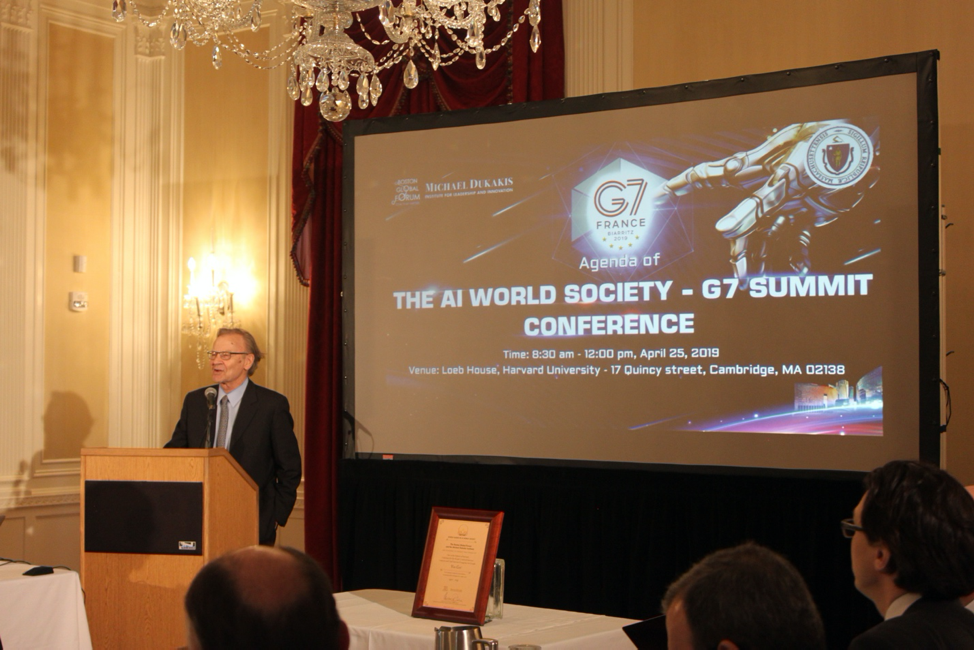
by Editor | Dec 6, 2020 | News
Using AI to advise people learn and work with distinguished leaders, thinkers, and innovators. Knowing your abilities, passions, and knowing the trends of society and market needs for the future.
The knowledge system will provide you offers and suggests courses and programs you should take. At the AIWS University, you will have chance to learn from distinguished professors in the areas, and discuss with leaders and innovators.
When you study, AIWS University system will know more your abilities, passions, and talents. Then the system will follow, support, and advise you for long life learning.
Professor Thomas Patterson, Harvard Kennedy School, is the Provost of AIWS University. Professors Alex Pentland of MIT, David Silbersweig of Harvard, and Nazli Choucri of MIT have special courses.
The AIWS University serve citizens of the AIWS City from February 2021 with the AIWS Leadership Program.
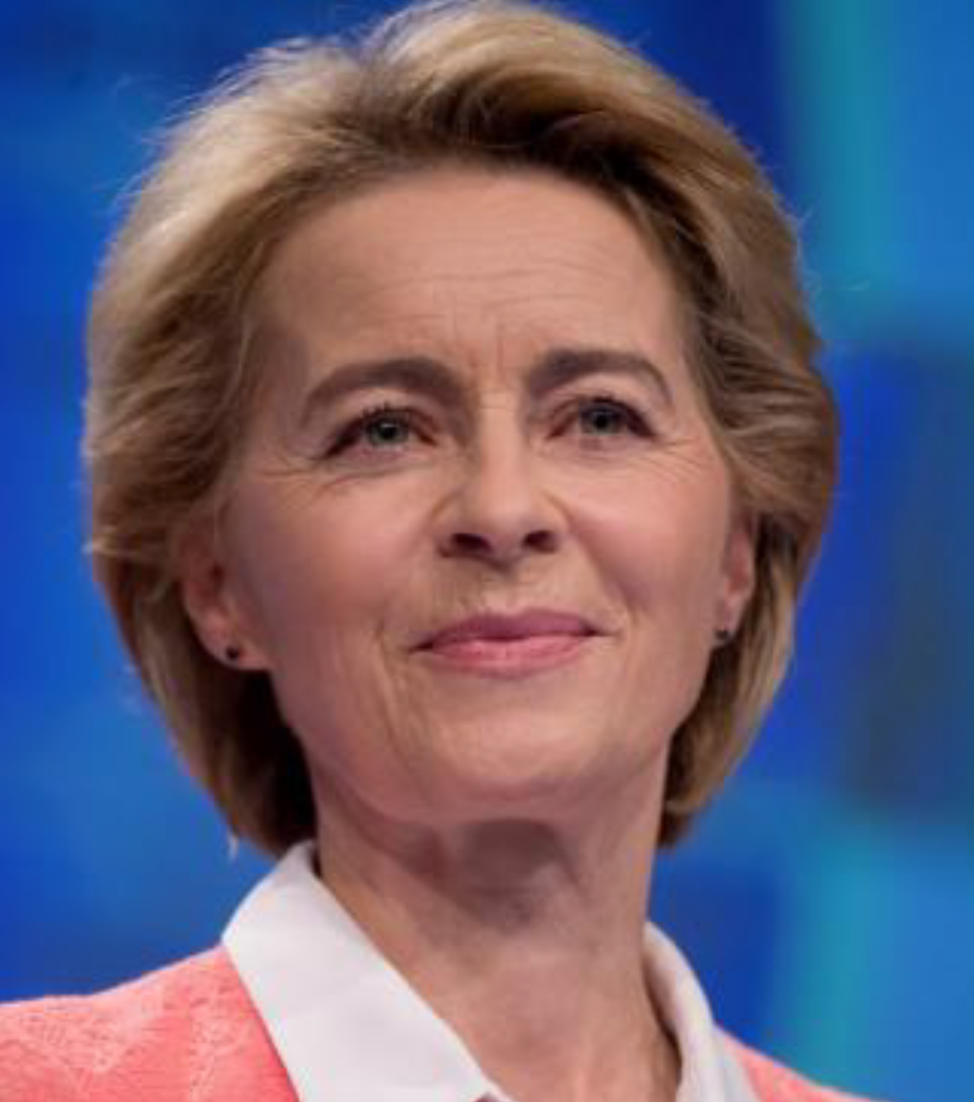
by Editor | Dec 6, 2020 | News
On December 12, 2020, Governor Michael Dukakis will present Ursula von der Leyden, president of the European Commission, with the Boston Global Forum and Michael Dukakis Institute’s Annual Award “World Leader for Peace and Security” for her efforts to rebuild ties between the United States and Europe.
Governor Dukakis stated, “For the past four years, the White House has strained to the breaking point, our ties with our European allies—relationships that have fostered peace, human rights and defended the Western world from aggression for three-quarters of a century.”
Additionally, with the advent of Artificial Intelligence as a driving technological and societal force, President von der Leyden has committed to the goal of humanizing Artificial Intelligence and has advocated for standards in its development that will contribute to greater freedom, and democracy.
In May of last year von der Leyden was elected President of the European Commission and assumed the post on November 1, 2019.
A prominent political leader, von der Leyden was the first woman to assume the post of Germany’s Minister of Defense in 2013, after having served on Angela Merkel’s cabinet since 2005.
She is a highly regarded for her efforts to unify European nations on several fronts including the long-term goal of establishing a unified European Army.

by Editor | Dec 1, 2020 | Publications
The Policy Brief – Social Contract for the Artificial Intelligence Age. Safety, Security, and Sustainability for the AI World from The Riga Conference 2020, by Nazli Choucri, Tuan Nguyen, and Marc Rotenberg, can be read and dowloaded here.
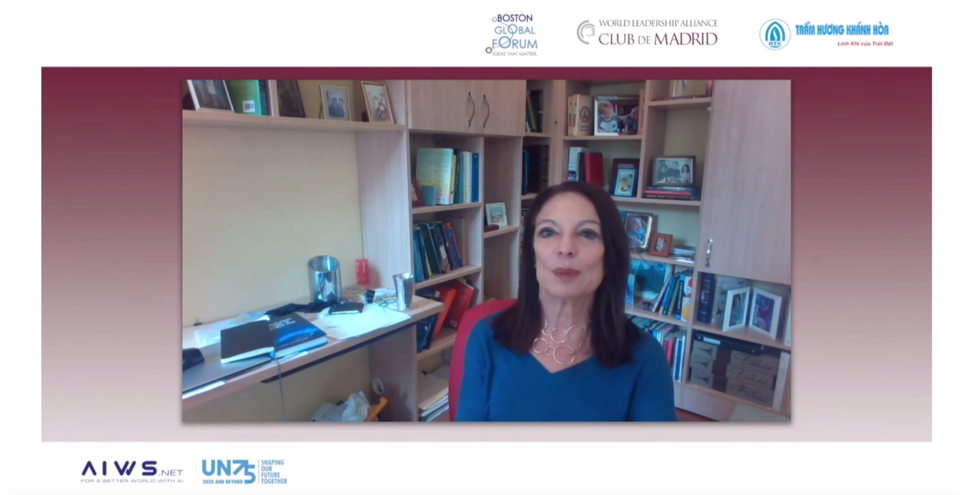
by Editor | Nov 30, 2020 | News
AAAS Fellows are elected each year by their peers serving on the Council of AAAS, the organization’s member-run governing body. The title recognizes important contributions to STEM disciplines, including pioneering research, leadership within a given field, teaching and mentoring, fostering collaborations, and advancing public understanding of science.
Professor Nazli Choucri, MIT, Board Member of the Michael Dukakis Institute and the AIWS City, Co-author of the Social Contract for the AI Age, was elected as AAAS Fellow in social, economic, and political sciences for innovative contributions and continuing impact at the interface of international relations and cybersecurity and for work on global sustainability problems and solution strategies.
The tradition of electing AAAS Fellows began in 1874. Since then, the recognition has gone to thousands of distinguished scientists, such as inventor Thomas Edison, elected in 1878, sociologist W. E. B. Du Bois (1905), anthropologist Margaret Mead (1934), computer scientist Grace Hopper (1963), physicist Steven Chu (2000), and astronaut Ellen Ochoa (2012). The 2020 group contains members of each of AAAS’s 24 sections.
AAAS Fellowship often precedes other accolades in long and impactful careers. Two of the 2020 Nobel laureates announced last month, Jennifer Doudna and Charles Rice, are AAAS Fellows. Doudna and a research collaborator received the Nobel Prize in Chemistry for the development of the CRISPR/Cas9 genome editor, while Rice and two colleagues received the Nobel Prize in Physiology or Medicine for contributions to the discovery of the virus that causes Hepatitis C.
AAAS leadership has long encouraged its sections and Council to consider diversity when nominating and selecting Fellows, and the association has taken recent steps toward solidifying its commitment to diversity, equity, and inclusion (DEI).
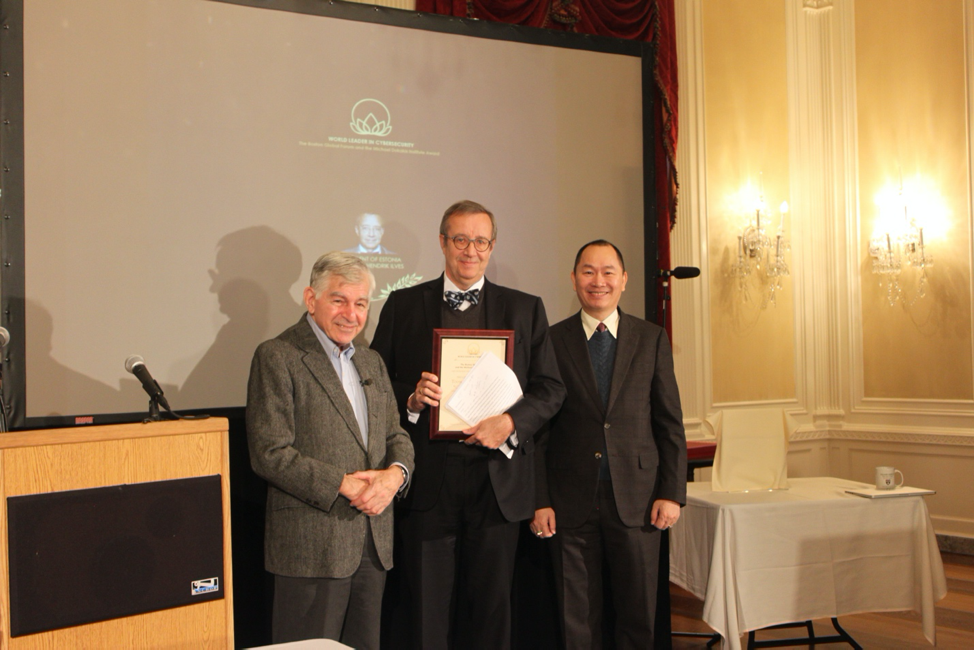
by Editor | Nov 30, 2020 | News
Every year, on December 12, at Global Cybersecurity Day, the Boston Global Forum and the Michael Dukakis Institute organizes a ceremony to honor and present the World Leader for Peace and Security Award at the prestigious Loeb House, Harvard University. This year, due to Covid-19, the ceremony will be online at AIWS Palace of AIWS City.
AIWS Palace is place to host or organize online significant, prestigious, and notable events:
- Events to announce new ideas, concepts, initiatives, solutions, high impact in society.
- High impact events, historical events.
- Prestigious speakers.
- Significant events of governments, leaders as G7 Summit, the Riga Conference, Munich Conference, World Economic Forum, World Leadership Alliance-Club de Madrid, the Boston Global Forum, Michael Dukakis Institute, AIWS, CAIDP.
- Significant events linked to or require attention from G7, OECD governments, influential leaders.
- Honored events: World Leaders, AIWS Distinguished Lectures, Nobel Prize, Pulitzer, 100 TIME influential people.
Citizens, companies, and organizations at the AIWS City can register to organize events at the AIWS Palace. The AIWS Palace will do PR through media for events at the AIWS Palace.
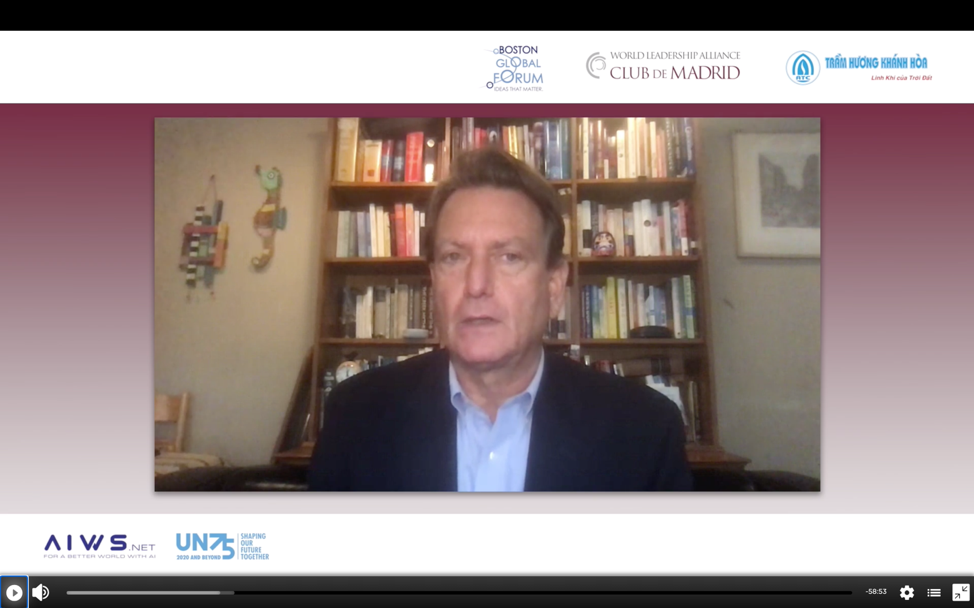
by Editor | Nov 30, 2020 | News
The Center for AI and Digital Policy today released the first global ranking of countries based on their progress toward AI policies that are innovative, trustworthy and respect human rights and democratic values.
The ground-breaking analysis of AI policies and practices in 30 countries by a team of international experts found ambitious plans and wide disparities, on metrics such as data privacy, face surveillance, and public participation. Some countries are making strong progress. Others have work to do to catch up with this fast-moving and far-reaching technology.
The report – the AI Social Contract Index — was produced by the Center for AI and Digital Policy. The Center is part of the Michael Dukakis Institute for Leadership and Innovation in Boston.
“The response of governments to the complex challenges of artificial intelligence are critical to translate the promise of this technology into economic progress that respects democratic values,” said Governor Dukakis. “The goal of the AI Social Contract Index is to develop a baseline for best practices and to ensure that AI fulfills its potential to improve growth and well-being around the world.”
The year-long assessment focuses on fundamental rights, rule of law, and democratic governance. Policies and practices were evaluated for top 25 countries by gross domestic product and five other high-impact countries. The AI Index will be updated annually as national policies evolve and as more countries and new issues are added to the assessment.
The AI Social Contract Index will be announced at the World Leader for Peace and Security Award ceremony at AIWS Palace of the AIWS City on December 12, 2020.
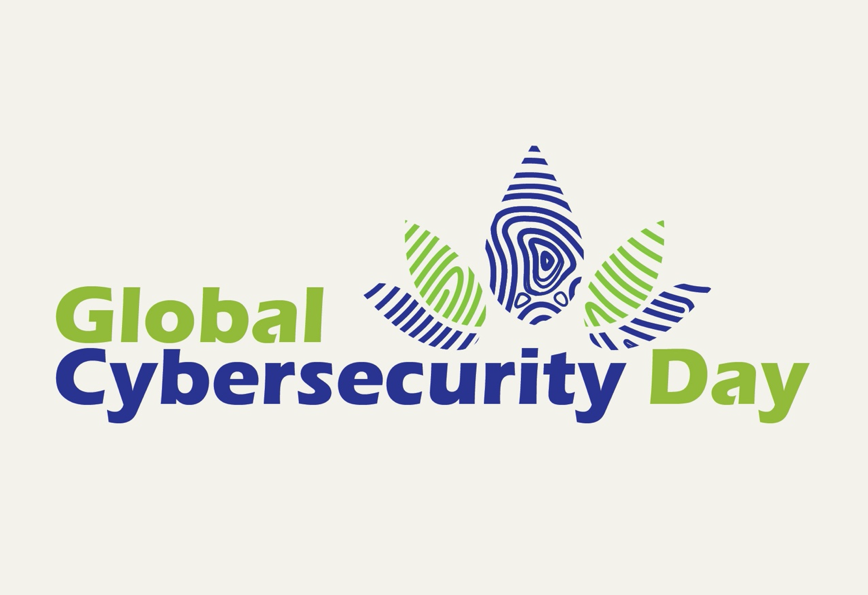
by Editor | Nov 30, 2020 | Event Updates
As tradition, on December 12 every year, the Boston Global Forum (BGF) will organize the Global Cybersecurity Day at Loeb House, Harvard University. However, in the strange and eventful 2020, BGF will organize this online at AI World Society Palace of AIWS City.
The Agenda include the presentation of World Leader for Peace and Security Award 2020, AI Social Contract Index 2020, the Quad Roundtable Special Report, and the World Leadership Alliance-Club de Madrid and Boston Global Forum Report.
This is the first time Global Cybersecurity Day is organized at the AIWS City. BGF will also introduce the agenda of 2021 in collaboration with World Leadership Alliance-Club de Madrid, with the Riga Conference 2021, and with NovaWorld Phan Thiet.
The first Global Cybersecurity Day was December 12, 2015 at Harvard University Faculty Club, with congratulations from Secretary General of the United Nations Ban Ki-moon. Fron the second on, it was organized at the Loeb House. Governor Michael Dukakis is the moderator of Global Cybersecurity Day. Speakers from previous Global Cybersecurity Days include Japanese Prime Minister Shinzo Abe, UN Secretary General Ban Ki-moon, Estonian President Toomas Hendrik Ilves, Finnish President Sauli Niinisto, Latvian and Wolrd Leadership Alliance-Club de Madrid President Vaira Vike-Freiberga, UK Member of Parliament Liam Byrne, Japanese Minister of Defense and Foreign Affair Taro Kono, Christopher Painter Coordinator for Cyber Issue, US State Department, US Ambassador to Japan Caroline Kennedy, Professor Joseph Nye, Harvard, father of the soft power theory, Professor Alex Pentland, MIT.
AIWS City is an prestigious virtual digital city, an initiative of the Boston Global Forum and Michael Dukakis Institute, that connects notable values, world gem cities, preeminent figures, and applications of pioneering AI and digital technology, in addition to application AIWS Values to serve members.
The first announcement of AIWS City was August 21, 2020 at the United Nations 2045 Roundtable with keynote speaker Vint Cerf and speakers Governor Michael Dukakis, Mr. Nguyen Anh Tuan, and Prime Minister Zlatko Lagumdzija.

by Editor | Nov 26, 2020 | News











